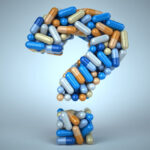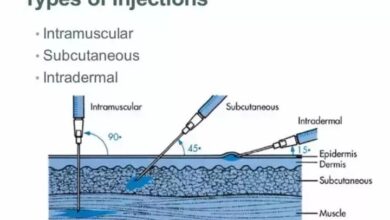How To Become A Drug Safety Specialist

Drug safety specialists are public health officers charged with the responsibility of pharmacovigilance in an organization. They practice the science of collecting, detecting and preventing adverse effects (AEs) in patients who take new drugs and other pharmaceutical products.
Drug safety specialists tend to have fairly diverse skill sets. Beyond having mastered the essential industry dynamics, acquired good knowledge of processes and learned how to navigate a heavily regulated space, they also have to work with large teams of people day in and day out.
A Pharmacovigilance specialist will manage pharmacovigilance cases through follow up call intake, documentation, and case processing. They will perform processing of adverse events, conduct follow up, write accurate and complete narratives in accordance with internal guidelines, SOP’s and U.S. safety regulations.
How To Become A Drug Safety Specialist
There are a number of different paths to becoming a drug safety specialist today. Usually you will need a bachelor’s degree in medicine, nursing, life sciences or a higher degree in pharmacovigilance or certification in drug safety. In addition, you must possess at least 4-5 years uninterrupted working experience in a medical setting such as a hospital, physician’s office, or pharmacy in a pharmacovigilance position.
The role of drug safety specialist is growing in relevance globally. A new legislation was introduced in the European Union in 2012 to ensure good vigilance practice for pharmaceutical companies and the medicines regulators.
This new guidance clearly identifies the roles and responsibilities of relevant stakeholders in terms of drug safety. Notably, the guidance has introduced a programme of more intensive surveillance for new pharmacological agents and biological agents with black triangle status (eg. those requiring additional monitoring). One of the guiding principles is that the pro-active strategies of the risk management policy replace the previous reactive strategies.
What are the duties of a drug safety professional?
Drug safety professional are primarily engaged in case creation, reviewing for minimum safety information (MIS) which includes a patient, a reporter, a suspect medicine and an adverse event.
As a drug safety specialist you will maintain distinctive quality and commitment as the operating philosophy in carrying out all processes and continually seek out way to enhance the customer service experience both internally and externally. Your essential duties and responsibilities include:
- Data entry of all details readily available into safety database
- Code adverse events in the safety database
- Review and assess all required source documents, and accumulate data in an adverse event report
- Execute labeling evaluation of adverse events
- Assessing adverse event to adverse events formerly reported and listed in the product label
- Conduct daily case processing of adverse event cases including: case follow up activities, identifying information to be collected during follow-up, conduct follow-up calls and prepare written communications to obtain follow-up information, MedWatch/CIOMS, E2B Preparation, and write case narratives
- Conduct training presentations and on-the-job training for call center including the medical information and pharmacovigilance staff
- Other duties as assigned





